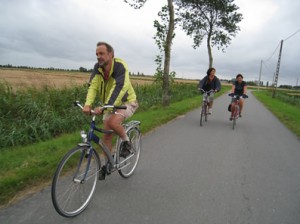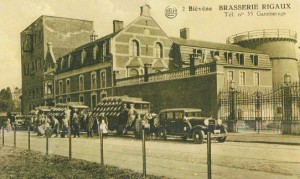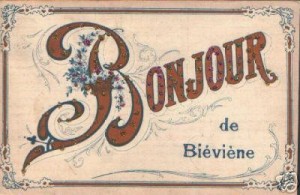The Town
(Dutch: Bever, French: Biévène) is a municipality in the Pajottenland region, in the province of Flemish-Brabant in Belgium.
Bever is located in the south-west corner of Flemish-Brabant and borders upon 6 other submunicipalities, spread over three provinces: Geraardsbergen (Viane) in East-Flanders, Lessines (Bassilly, Bois-de-Lessines, Twee-Akren) in Hainaut and Galmaarden (Tollembeek) and Herne (St-Pieters-Kapelle) in Flemish-Brabant.
The municipality of Bever boasts an area of 1978 ha and is the largest in the region.
The official language is Dutch. In addition, there are also language facilities for its historical French-speaking minority.
The municipality has a population of 2000 residents.
History – Municipality of Bever
Name of the Municality
946 According to etymologists, the name of the municipality of Bever is probably of Celtic origin (beven = border; beber = rodent beaver).
The name of the municipality was first mentioned in 946, in a deed of the Abbey of Gembloers (FR Gembloux).
11th century The counts of Henegouw, south of the river Hene (Haine in French), conquered part of the province of Brabant in the 11th century. As a result, Bever was located in the county of Henegouwen until the end of the 18th century.
Feudalism In the feudal era, the area was divided into two large seigniories:
the estate of Rubempre-Renesse which was purchased by the family de Massiet in 1621, and the estate of Hallut (Burght) which was later taken over by the family de CROY whose coat of arms is still borne by the town.
1594 -1595
In 1594 and 1595, two women (the wives of Liénard Del Val and Sébastien Catier) were condemned by the inquisitorial court for witchcraft and were burned after having been strangled. Witches are still celebrated in Bever, probably due to this event.
1963-1995
In 1963, Bever and a major section of Akrenbos were transferred from the province of Hainaut to the province of Brabant; the hamlets of Warissaet and Groenstraat were transferred to Opzullik. In 1995, Bever became part of the new province of Flemish-Brabant.

Cycling

Ancient postcard of Brasserie Rigaux, our guesthouse was part of this brewery.

Ancient postcard “Hello from Bever”
